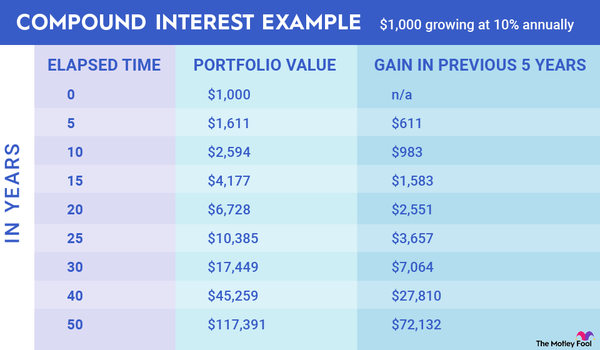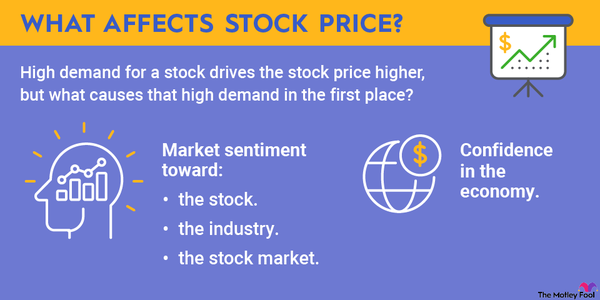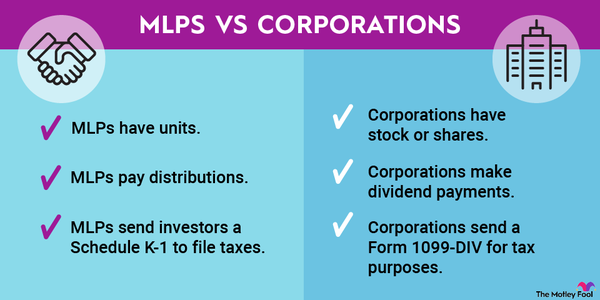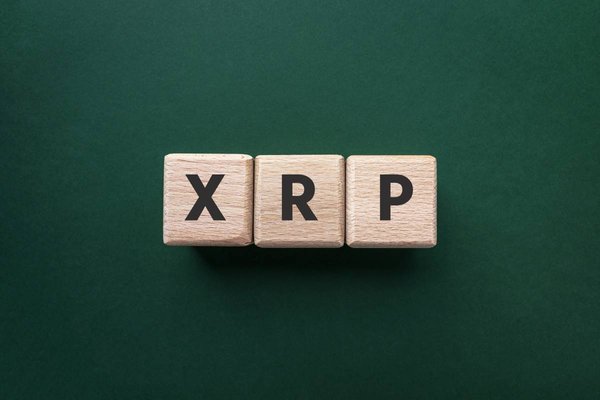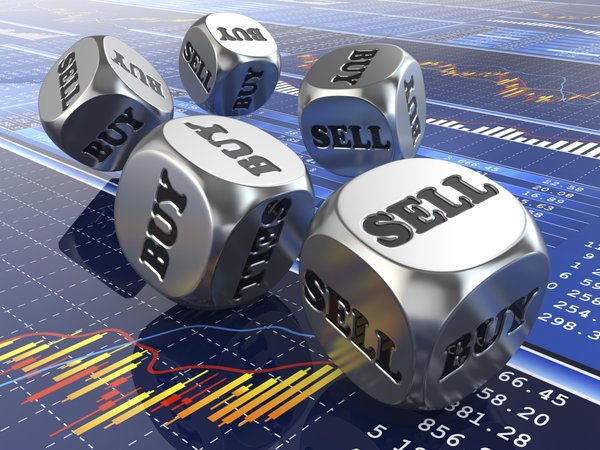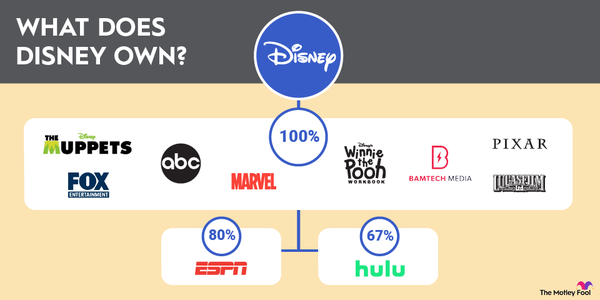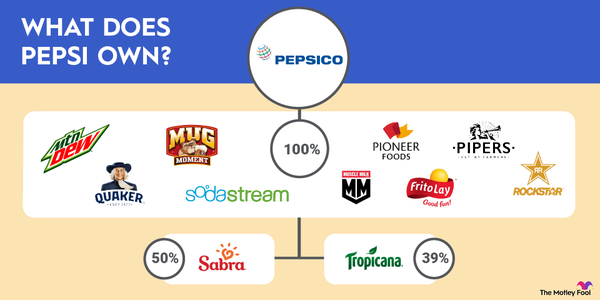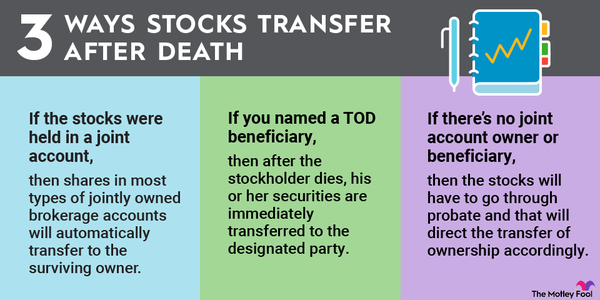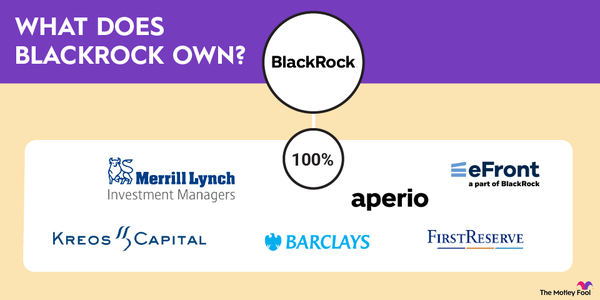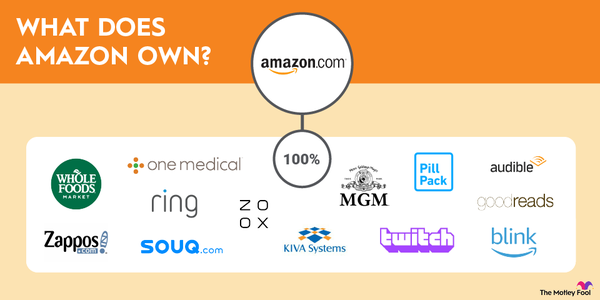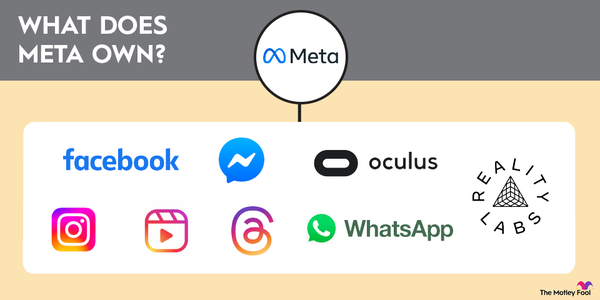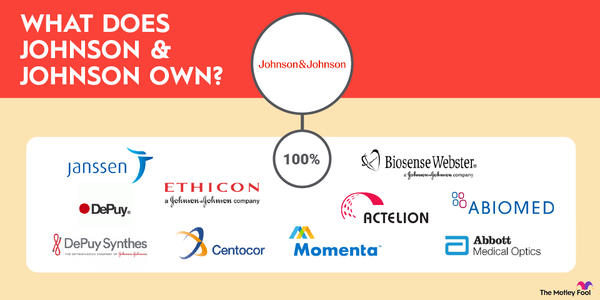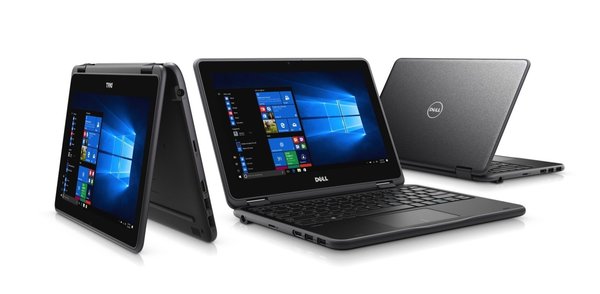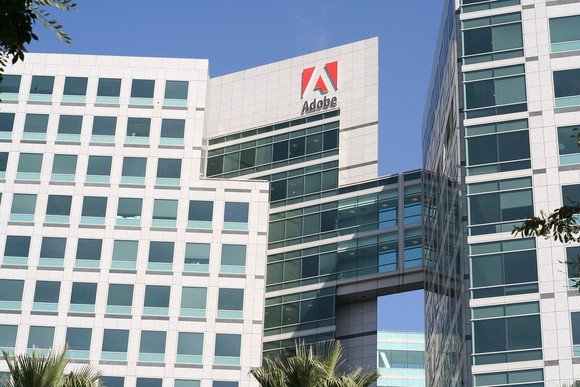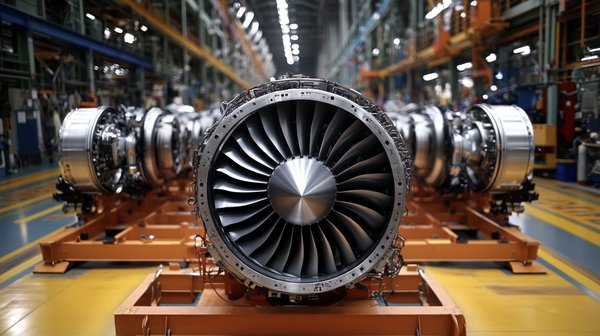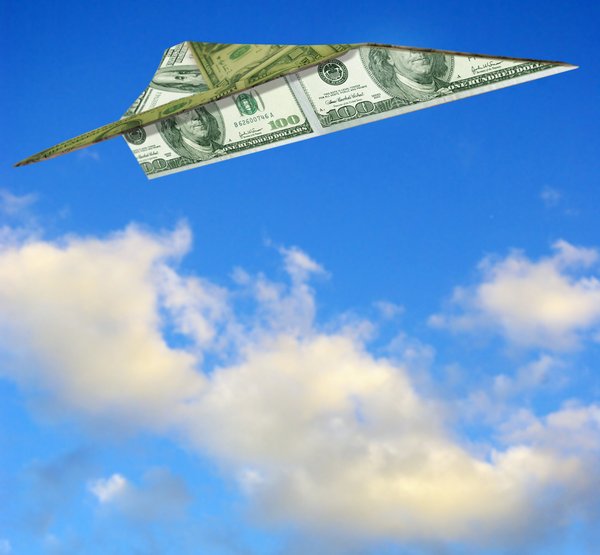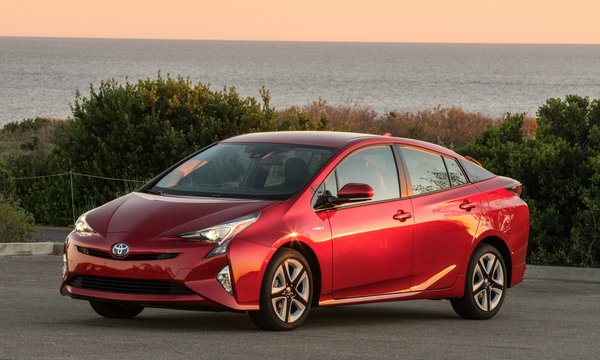Lockheed Martin (LMT 1.13%) is a leading global security and aerospace company. It operates four business segments based on the products and services it offers government and commercial clients:
- Aeronautics: It designs, develops, manufactures, and supports advanced military aircraft. Notable programs include the F-35 and F-22 stealth fighters, C-130 airlifter, and F-16 fighters.
- Missiles and Fire Control: Lockheed Martin provides air and missile defense systems, tactical missiles, and air-to-ground precision strike weapons systems. Major programs include the Patriot and Terminal High Altitude Area Defense (THAAD) air and missile defense programs and the Javelin program.
- Rotary and Mission Systems: It designs, manufactures, and supports military and commercial helicopters, surface ships, sea- and land-based missile defense systems, and radar systems. Notable programs include Sikorsky helicopter programs like the Black Hawk and U.S. Marine One.
- Space: The company designs, develops, and produces satellites, space transportation systems, and defense systems. Notable programs include the Trident intercontinental ballistic missile and Orion spacecraft.
Lockheed Martin is one of the biggest defense companies in the stock market. It generates relatively stable and growing revenue and profitability because government defense spending tends to be predictable and growing. Defense spending commonly increases even more during times of conflict, which has been the case in recent years due to the wars in Ukraine and the Middle East.
The overall stability and steady spending growth make defense stocks like Lockheed Martin relatively low-risk investments. Those features might have you interested in investing in its stock. Here's a step-by-step guide on how to buy the aerospace stock and some factors to consider before adding it to your portfolio.

IPO
Lockheed Martin IPO
Lockheed Martin was formed in 1994 through a $10 billion merger-of-equals transaction between Martin Marietta and Lockheed Corp. They were the second- and third-largest defense contractors at the time.
Stock
How to buy
How to buy Lockheed Martin stock
People interested in buying shares of Lockheed Martin need to take a few steps before becoming a shareholder. Here's a step-by-step guide to adding the defense contractor to your portfolio.
- Open your brokerage app: Log in to your brokerage account where you handle your investments.
- Search for the stock: Enter the ticker or company name into the search bar to bring up the stock's trading page.
- Decide how many shares to buy: Consider your investment goals and how much of your portfolio you want to allocate to this stock.
- Select order type: Choose between a market order to buy at the current price or a limit order to specify the maximum price you're willing to pay.
- Submit your order: Confirm the details and submit your buy order.
- Review your purchase: Check your portfolio to ensure your order was filled as expected and adjust your investment strategy accordingly.
Should I invest?
Should I invest in Lockheed Martin?
Doing your research is an important step to take before buying a stock. It will hopefully increase your conviction that the company can be a winning investment. However, your due diligence might lead you to discover something about the company that changes your opinion about buying shares. With those factors in mind, here are some reasons you might want to invest in Lockheed Martin:
- You want to add some exposure to the defense sector to make your portfolio more diversified.
- You believe Lockheed Martin can outperform the S&P 500 over the next three to five years.
- You want to own companies that pay an above-average and growing dividend (Lockheed Martin's dividend yield was almost 3% in mid-2025, compared to less than 1.5% for the S&P 500. It had also increased its payout for 22 straight years)
- You think the wars in Israel and Ukraine will cause increased defense spending in the coming years.
- You're a value investor and think Lockheed Martin's valuation (price-to-earnings (P/E) ratio of less than 20 times in mid-2025) was reasonable for a stable company (especially given the S&P 500's more than 24 times P/E ratio).
On the other hand, here are some reasons you might decide not to invest in Lockheed Martin:
- You don't want to invest in a company that profits from war.
- You don't need dividend income right now.
- You're not convinced Lockheed Martin can outperform the S&P 500 over the next few years.
- You already invest in defense stocks.
- You think governments spend too much money on defense and want to see that budget line cut.
- You're seeking a company with more growth potential than Lockheed Martin.
Profitability
Is Lockheed Martin profitable?
Analyzing a company's profitability is an essential aspect of investment research. Rising profitability tends to be the most important factor propelling a stock's price over the long term.
Lockheed Martin is a very profitable company. In the first quarter of 2025, it recorded $18 billion in revenue (4% increase) and $1.7 billion in net earnings (13% increase).
The company expected 2025 to be a strong year. It forecast revenue between $73.75 billion and $74.75 billion and business segment operating profit between $8.1 billion and $8.2 billion.
Lockheed Martin's strong profitability allows it to generate lots of free cash flow. The company expected to produce $6.6 billion to $6.8 billion in free cash in 2025 after accounting for $1.9 billion in capital expenditures. It returns most of its free cash flow to investors through share repurchases and dividends.
Dividends
Does Lockheed Martin pay a dividend?
Lockheed Martin makes quarterly dividend payments to its shareholders. As of mid-2025, the defense giant paid $3.30 per share each quarter ($13.20 annually). That gave it an almost 3% dividend yield at its share price at that time (around $460 a share).
The aerospace and security company has an excellent track record of increasing its dividend. In late 2024, it raised its quarterly payment by $0.15 per share, or about 5%, marking its 22nd consecutive year of dividend growth.
ETFs
ETFs with exposure to Lockheed Martin
Many investors prefer a more passive investing approach than directly owning stocks they must actively monitor. Buying an exchange-traded fund (ETF) can be a great way to gain some passive exposure to Lockheed Martin.
Exchange-Traded Fund (ETF)
According to ETF.com, 315 ETFs held 41.7 million shares of the defense contractor as of mid-2025. The Vanguard Total Market ETF (VTI 0.13%) was the biggest holder at 7.6 million shares. However, the broad market ETF has a rather small allocation to the defense contractor.
Investors seeking passive exposure to the defense sector could consider buying a defense ETF. Three leading defense ETFs with meaningful exposure to Lockheed Martin are:
- iShares U.S. Aerospace & Defense ETF (ITA 1.65%) provides exposure to U.S. aerospace and defense stocks. Lockheed Martin was its ninth-largest holding in mid-2025 at 4.3% of the fund's total assets. The fund has a 0.4% ETF expense ratio.
- Global X Defense Tech ETF (SHLD 1.33%) focuses on defense technology companies. As of mid-2025, Lockheed Martin was its fourth-largest holding, accounting for 7.6% of its assets. The fund had a 0.5% total expense ratio.
- Invesco Aerospace & Defense ETF (PPA 1.31%) focuses on companies involved in the development, manufacturing, operations, and support of U.S. defense, homeland security, and aerospace operations. Lockheed Martin was its fourth-largest holding in mid-2025, at 7.2% of its total assets. The fund had a 0.57% total expense ratio.
Related investing topics
Stock splits
Will Lockheed Martin stock split?
Lockheed Martin didn't have an upcoming stock split on the calendar as of mid-2025. The defense giant has had only one stock split in its history. In 1998, it completed a 2-for-1 stock split.
Lockheed Martin could split its stock again in the future. Shares have steadily gained value over the years and were around $460 per share in mid-2025. That was close to its all-time closing high of $606.16, which it reached in October 2024. If shares continue to gain altitude, Lockheed Martin could complete a stock split to make them more accessible to investors.
The bottom line on Lockheed Martin
Lockheed Martin is a leading defense contractor. It benefits from relatively stable and growing government spending on defense, making it a fairly low-risk investment. However, it's not for everyone. You should make sure it's right for you before adding shares to your portfolio.
FAQ
Investing in Lockheed Martin FAQ
Can I buy stock in Lockheed Martin?
You can buy shares of Lockheed Martin through any brokerage account or stock trading platform. The defense company trades on the New York Stock Exchange (NYSE) under the stock ticker LMT.
Who is the largest investor in Lockheed Martin?
State Street (NYSE: STT) Global Advisors is Lockheed Martin's largest investor. As of mid-2025, the asset manager owned 14.8% of the defense contractor's outstanding shares.
Is Lockheed Martin worth investing in?
Lockheed Martin has many worthy investment characteristics. The defense contractor is very profitable. It returns most of its excess free cash flow to investors by repurchasing shares and paying a steadily rising dividend. It also invests money to grow its business.
It's a compelling investment option, especially for those seeking exposure to the defense sector or a growing dividend. With global conflicts between Russia and Ukraine and Israel and Iran escalating in 2025, global defense budgets will likely continue rising.
However, it's not for everyone. As a defense contractor, it makes weapons, so people opposed to war might not want a company that profits from warfare in their portfolio.
Is Lockheed Martin publicly traded?
Lockheed Martin has been a publicly traded company since 1995, when Lockheed Corporation merged with Martin Marietta. The company trades on the New York Stock Exchange (NYSE) under the stock ticker LMT.
What is the highest Lockheed Martin stock has ever been?
Lockheed Martin reached its all-time high closing price on Oct. 21, 2024, at $602.16 per share. Its 52-week high (the highest intraday price on Oct. 21, 2024) was $618.95 per share.
Is Lockheed Martin owned by BlackRock?
No, BlackRock (NYSE: BLK) doesn't own Lockheed Martin. The asset management company holds shares of the defense contractor on behalf of investors in its mutual funds and ETFs. As of mid-2025, BlackRock was the third-largest shareholder, holding 5.5% of Lockheed Martin's outstanding shares.
Is Lockheed bigger than Boeing?
As of mid-2025, Lockheed Martin wasn't bigger than Boeing. Boeing had a larger market cap ($191.7 billion to $126 billion) and enterprise value ($161.8 billion to $107.5 billion). However, Lockheed Martin generated more revenue than Boeing ($71.8 billion to $69.4 billion) over the 12-month period in mid-2025.












